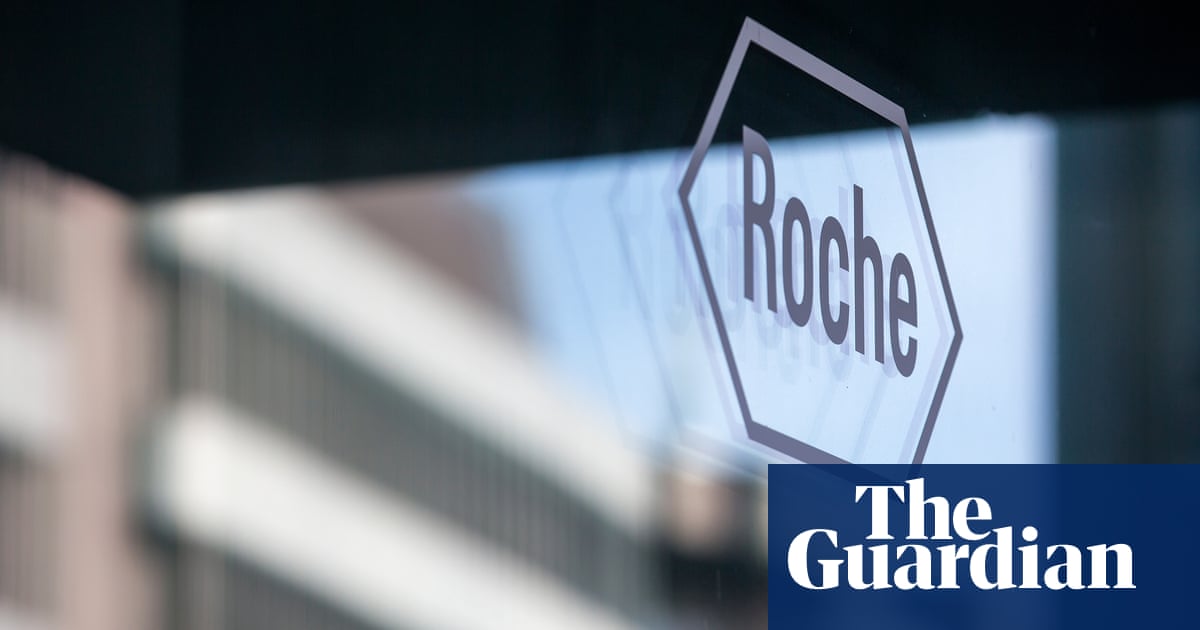The Swiss drugmaker Roche has said it will put $50bn (£37bn) into manufacturing in the US over the next five years, joining the queue of companies unveiling investments to try to head off potentially punitive DonaldTrump tariffs.
Roche said on Tuesday the investment would create more than 12,000 jobs, including 6,500 in construction and 1,000 at new and expanded existing facilities in the US, including factories and distribution centres in Kentucky, New Jersey and California.
Switzerland has a 10% tariff, which is on track to rise to 31% when the 90-day pause Trump announced earlier this month comes to an end.
However, the pharmaceutical industry is bracing for sector-specific tariffs afterTrump last week announced a 21-day investigationlast week under the Trade Expansion Act, widely considered the first step towards levies on imports.
Roche, whose well-known drugs include the breast cancer treatment Herceptin Hylecta, the Ocrevus medicine for multiple sclerosis and drugs for arthritis, HIV and acne, employs about 25,000 across 24 sites in the US.
The Basel-based multinational said that once the new and expanded facilities were operational it would export more medicines from the US than it currently imported.
A new gene therapy factory would be built in Pennsylvania, and a new factory for continuous glucose monitoring in Indiana, it said.
In addition it will construct a factory to make weight-loss medicines with the location yet to be announced, and a research centre for cardiovascular, renal and metabolism studies in Massachusetts.
“Our investments of $50bn over the next five years will lay the foundation for our next era of innovation and growth, benefiting patients in the US and around the world,” the chief executive, Thomas Schinecker, said in a statement.
When Trump announced the pharmaceutical trade inquiry last Tuesday, he also launched an investigation into semiconductors, the fourth of five sectors his administration has said are strategically important to the US.
Sign up toBusiness Today
Get set for the working day – we'll point you to all the business news and analysis you need every morning
after newsletter promotion
He has already announced tariffs on two sectoral imports, automotives and steel and aluminium, with the fifth sector, lumber and copper, already subject to an investigation under section 232 of the Trade Expansion Act.
Europe, India and China are seen as particularly vulnerable to pharmaceutical tariffs given their huge exports. Trump has repeatedly singled out Ireland for allegedly stealing US industry, with US multinationals including Johnson & Johnson, Eli Lilly and Pfizer all operating there for decades.
Another Swiss drugmaker, Novartis, said this month that it would spend $23bn in the US, and Johnson & Johnson said in March it would invest $55bn in manufacturing and research and development, including a factory in North Carolina. Eli Lilly said in February it would put $27bn into four new plants.
They hope the investments will be enough to temper Trump’s tariffs, with European pharmaceutical industry chiefs warning this monthof an investment “exodus”from Europe.
